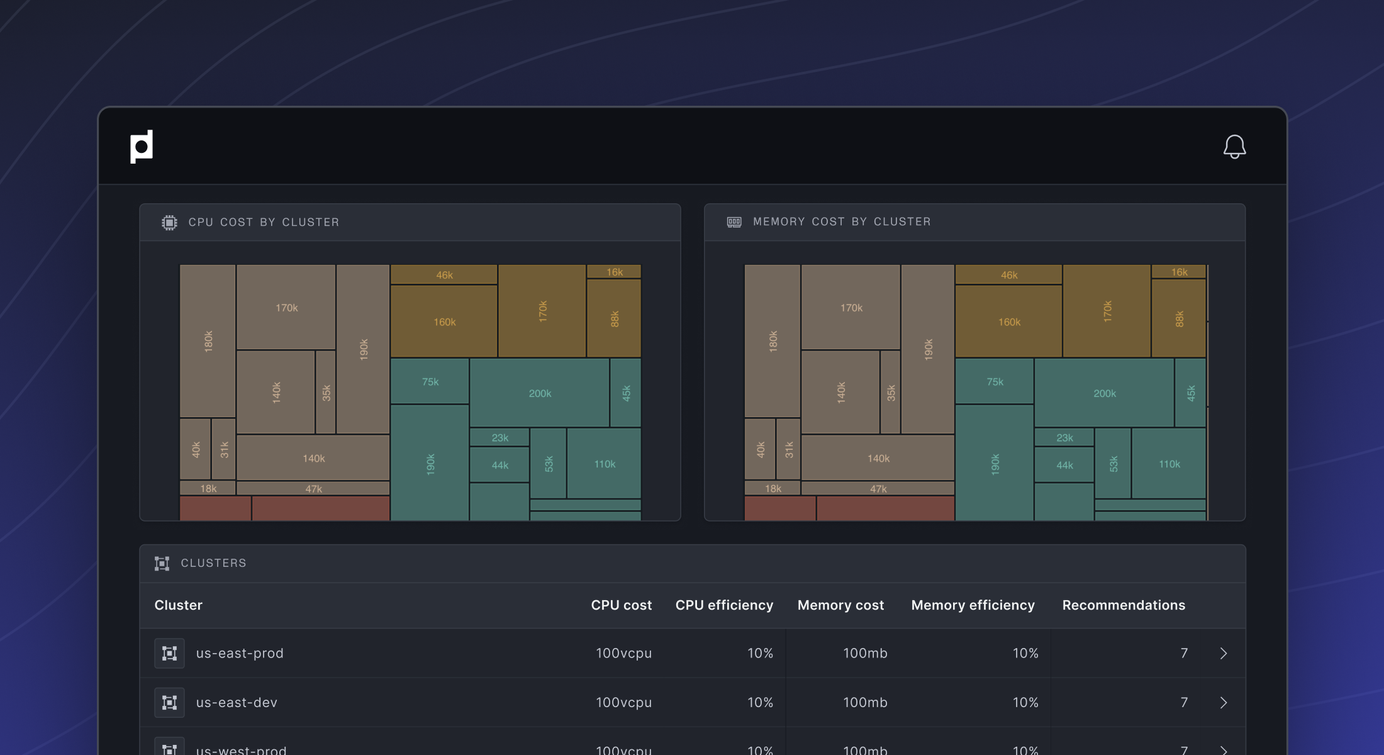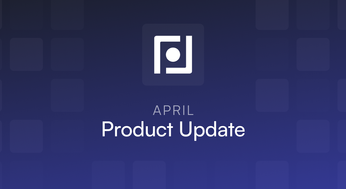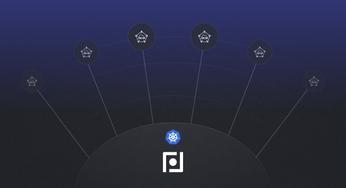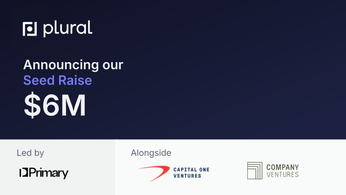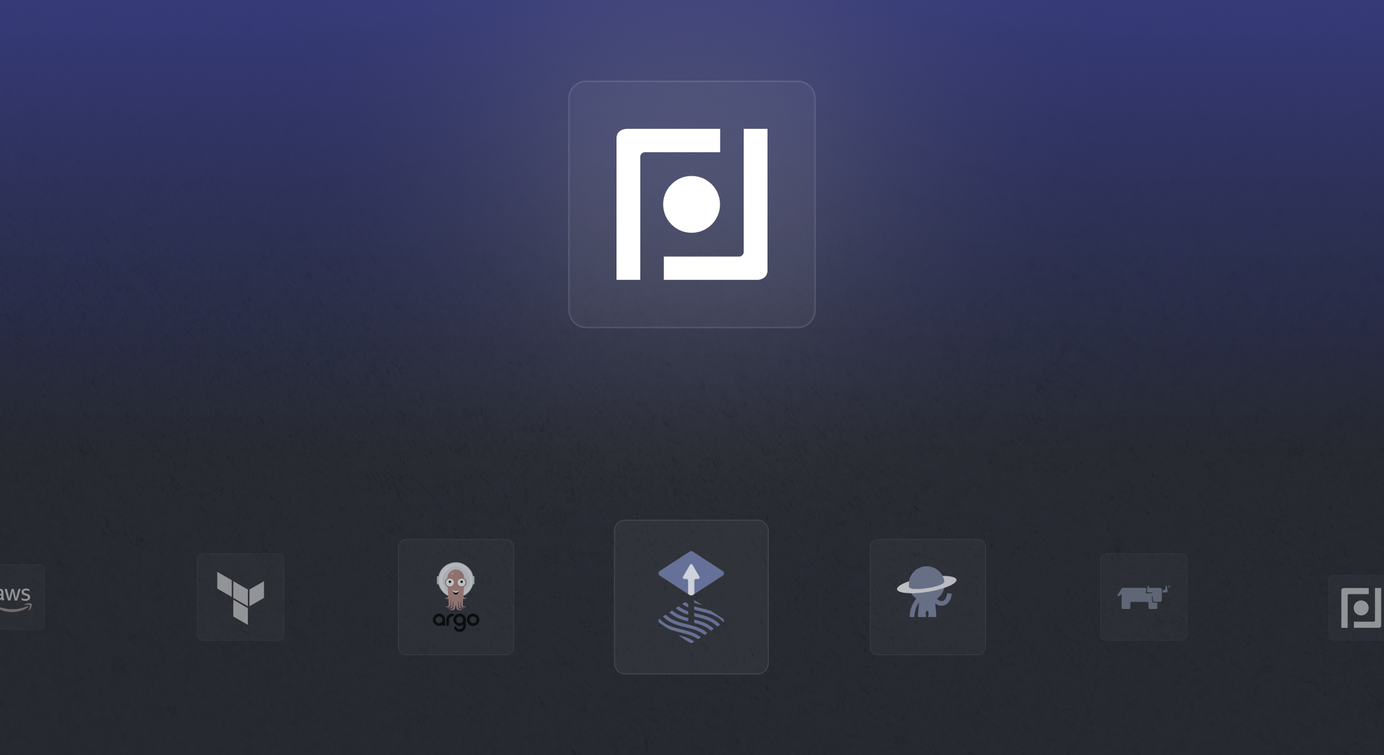
How Plural compares to alternative tools in the Kubernetes management ecosystem
This post compares Plural to other Kubernetes management tools like ArgoCD, Terraform Enterprise, Rancher, and Backstage. Plural offers a unified platform, along with unique AI-powered operations.
Table of Contents
In modern cloud-native environments, DevOps teams often rely on multiple specialized tools for various aspects of Kubernetes management. While solutions like ArgoCD, Terraform Enterprise, Rancher, and Backstage excel in their specific domains, using them collectively can lead to complexity, security gaps, and operational overhead.
Kubernetes adoption has led to a proliferation of single-purpose tools, creating several challenges:
-
Teams waste time switching between different interfaces and configuration formats.
-
Fragmented access controls and audit trails that increase compliance risks.
-
Multiple tools that result in higher licensing fees, training needs, and integration maintenance.
Plural addresses these issues by providing a unified, Kubernetes-native platform that combines:
-
Continuous Delivery
-
Infrastructure Orchestration
-
Cluster Operations
-
Developer Self-Service
-
AI-powered operations
This integrated approach aims to streamline operations with enterprise-scale GitOps, infrastructure automation, multi-cluster governance, and AI-driven capabilities, effectively replacing the need for multiple separate tools.
This comparison explores Plural's performance compared to other Kubernetes management tools, highlighting its advantages and unique AI-powered operations.
Continuous Delivery: Plural CD vs. ArgoCD and FluxCD
While ArgoCD and FluxCD established the GitOps paradigm, they require significant customization for enterprise-scale deployments. Plural CD enhances core GitOps functionality with built-in multi-cluster orchestration, pipeline-based promotion workflows, and integrated observability.
Key Advancements:
-
Plural Global Services: Centrally deploy system components across fleets using declarative tags.
-
Pipeline-Driven Rollouts: Coordinate staged deployments across clusters with PR-based approvals and validation gates.
-
Native Monitoring: Pre-integrated Prometheus metrics and log aggregation eliminates manual observability setup.
Please read our detailed blog post on Continuous Delivery for an in-depth comparison of Plural CD with ArgoCD and FluxCD.
Infrastructure Management: Plural Stacks vs. Terraform Enterprise vs. Spacelift
Traditional IaC tools operate outside Kubernetes, forcing teams to manage infrastructure and applications through separate pipelines. Plural Stacks brings Terraform, Ansible, and Pulumi into Kubernetes via Custom Resource Definitions (CRDs), enabling unified GitOps workflows.
Enterprise Advantages:
-
In-Cluster State Management: Securely store Terraform state using Kubernetes RBAC instead of external backends.
-
Integrated Approval Workflows: Enforce compliance through native Kubernetes resource approvals without external systems.
-
Cross-Tool Orchestration: Coordinate Terraform changes with application deployments in a single pipeline.
Visit our comprehensive Infrastructure Management blog to learn more about how Plural Stacks compares to Terraform Enterprise and Spacelift.
Cluster Management: Plural Dashboard vs. Rancher vs. AWS Console
Managing heterogeneous Kubernetes clusters requires real-time visibility and secure access controls. Plural's dashboard provides unified monitoring across environments while its egress-only architecture eliminates the network exposure risks inherent in Rancher's architecture.
Security Innovations:
-
Managed clusters initiate outbound-only connections, removing inbound firewall requirements.
-
Automatically map IdP groups to granular permissions across namespaces and clusters.
-
Augment native EKS tooling with centralized logging, SSO integration, and private cluster management.
Check out our dedicated Cluster Management blog for a detailed comparison of Plural, Rancher and AWS Console.
Service Catalog: Plural vs. Backstage
While Backstage excels at software cataloging, Plural extends this concept to infrastructure provisioning through Kubernetes-native resource templates. Developers request resources via PR-driven workflows while platform teams enforce standardization.
Provisioning Automation:
-
Deploy AWS/GCP/Azure resources through unified CRDs.
-
Embed OPA/Gatekeeper rules directly into template pipelines.
-
Generate Terraform configurations automatically through natural language prompts.
Read our in-depth Service Catalog comparison blog to explore how Plural's Service Catalog compares to Backstage.
AI-powered operations that are unique to Plural
Managing infrastructure typically involves endless troubleshooting of misconfigurations, responding to alerts, and answering repetitive developer questions. Given the completeness of the Kubernetes API, LLMs are a great fit to address some of these challenges, and we’ve incorporated them in several different inventive ways in our product. These AI capabilities are not found in any other Kubernetes management tool and are exclusive to Plural.
Root Cause Analysis
Our AI Insight Engine performs automatic root cause analysis, leveraging a causal evidence graph that spans Terraform logs, Kubernetes objects, their ownership hierarchy, and GitOps manifests. This allows us to quickly pinpoint the root cause of any issue, eliminating the need for time-consuming manual digging.
AI-Powered Fixes and Collaboration
But detection is just the beginning. Plural AI goes further by offering actionable solutions through our AI Fix Engine. When an issue is identified, the AI suggests accurate code changes to resolve it. And if the AI's suggestion needs refinement, you can seamlessly collaborate in a chat with the AI to fine-tune the fix.
Offload Internal Support with Explain With AI
Managing infrastructure also means answering countless internal questions. Plural AI makes this easier with Explain With AI, which offloads internal support to LLMs. This feature allows you to instantly get clear explanations of complicated configurations, reducing the burden on your team and freeing them up to focus on more strategic tasks.
Simplifying Terraform Plans
Terraform plans can be complex and challenging to decipher. With Plural AI’s Terraform Plan Explain, you can quickly receive AI-generated, easy-to-understand explanations of any intricate Terraform plan, making it more straightforward for your team to understand and act on.
Note that Plural allows you to bring the LLM already approved by your enterprise, so there are no middleman concerns.
Value Proposition
Plural consolidates the functionality of multiple industry-leading tools into a single, streamlined platform, eliminating complexity and reducing operational overhead. With Plural, you get:
-
Managed ArgoCD/FluxCD – A fully integrated GitOps solution with automation, governance, and built-in troubleshooting beyond what standalone tools offer.
-
Terraform Enterprise/Spacelift – Secure, scalable infrastructure as code management without the need for external execution environments.
-
Rancher-like Multi-Cluster Management – A Kubernetes-native approach with built-in secure access, real-time visibility, and advanced troubleshooting capabilities.
-
Backstage-Style Internal Developer Platform (IDP) – A self-service catalog that enables developers to provision infrastructure through templated workflows.
-
A Cutting-Edge AI Solution – Intelligent automation and AI-driven insights to optimize infrastructure, deployment workflows, and issue resolution.
Cost Analysis
Plural reduces infrastructure and operational costs by consolidating multiple DevOps tools into a single platform:
-
Eliminates the need for multiple tool subscriptions, reducing licensing and maintenance expenses.
-
Automates infrastructure and application workflows, decreasing manual intervention and engineering effort.
-
Lowers security risks and compliance costs by enforcing standardized policies across all deployments.
Integration Benefits
Plural provides a seamless, unified workflow that enhances team productivity:
-
Eliminates context switching by integrating infrastructure, security, and deployment workflows in a single platform.
-
Enables real-time collaboration with GitOps-driven workflows and self-service provisioning.
-
Improves visibility and governance across infrastructure and applications, ensuring consistency and compliance.
Conclusion
Plural provides a comprehensive Kubernetes-native platform that unifies infrastructure management, GitOps, security, and internal developer workflows. Integrating the best aspects of ArgoCD/FluxCD, Terraform Enterprise/Spacelift, Rancher, and Backstage eliminates tool fragmentation, enhances security, and streamlines operations. Plural empowers teams to confidently deploy, manage, and scale applications with built-in troubleshooting, AI-powered automation, and a self-service catalog.
Ready to simplify your DevOps workflow? Try Plural today and experience the benefits of a unified, end-to-end Kubernetes platform.
Newsletter
Join the newsletter to receive the latest updates in your inbox.

